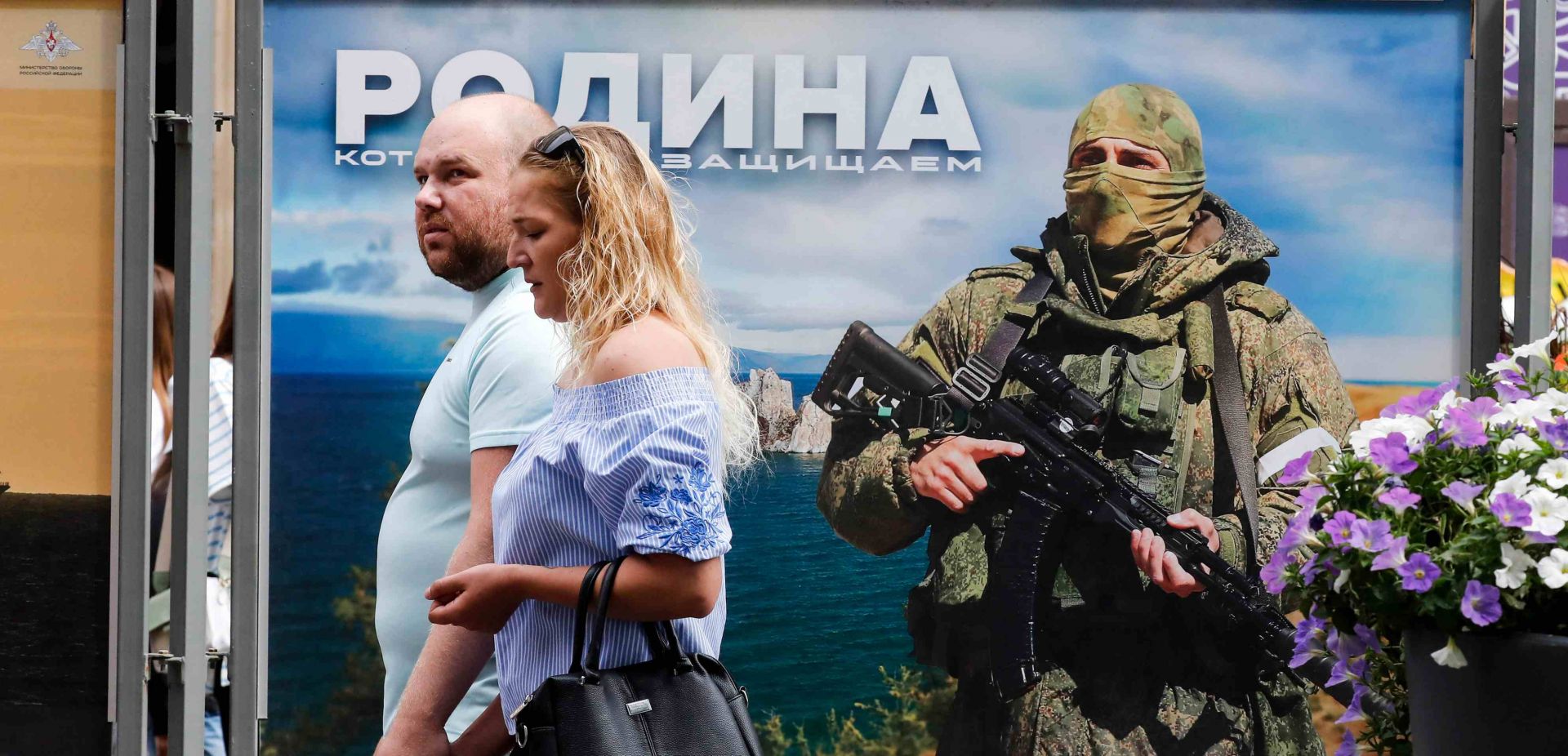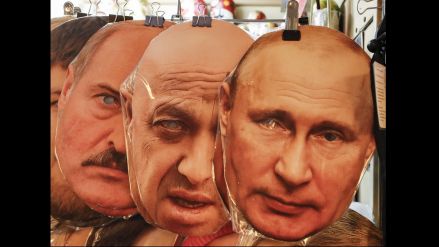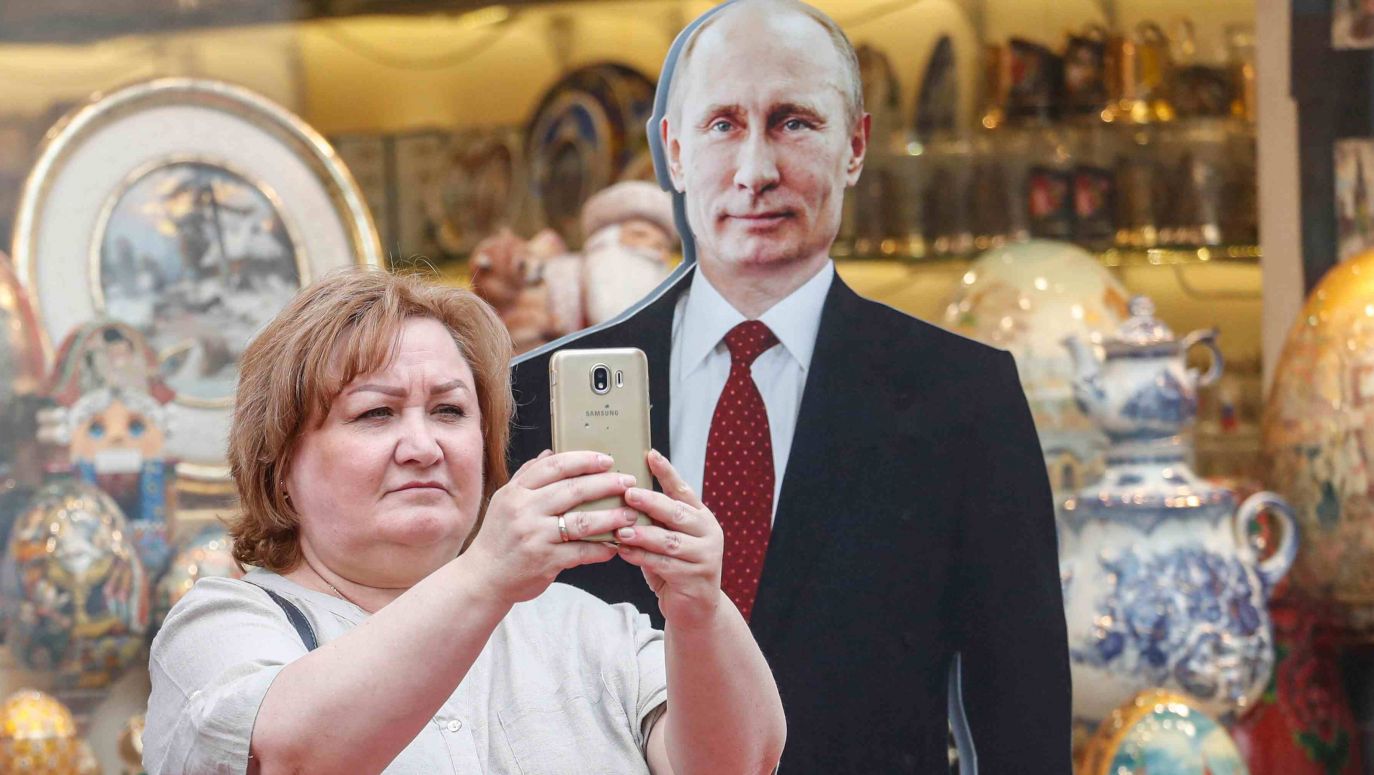
Whenever polls ask about the emotions generated by the “special operation” in Ukraine, the dominant feeling from the very beginning has been fear and anxiety. This is undoubtedly linked to a sense of personal threat. The indication of which never drops below 30%.
 SIGN UP TO OUR PAGE
SIGN UP TO OUR PAGE
 The entire evil done by the Russians would be embodied in this one person, just as the evil done before by the Germans would fall on Hitler, while the evil of the Gulag on Stalin. This construct appealed to a conviction, deeply rooted in healthy minds that it was unthinkable to approve of such crimes, that “ordinary people” couldn’t be responsible for the actions of the elite, all the more if they were “frantic”. For along with blaming Putin for the evil of this war people were eager to talk about his being psychologically unstable, and described his actions with terms such as “paranoid” and consciously not specifying, if they were referring to the popular, specialist or diagnostic meaning of the word. The idea was clear: the Russian state became appropriated by a mad paranoiac who has to be removed so that Russia could return to the international family.
The entire evil done by the Russians would be embodied in this one person, just as the evil done before by the Germans would fall on Hitler, while the evil of the Gulag on Stalin. This construct appealed to a conviction, deeply rooted in healthy minds that it was unthinkable to approve of such crimes, that “ordinary people” couldn’t be responsible for the actions of the elite, all the more if they were “frantic”. For along with blaming Putin for the evil of this war people were eager to talk about his being psychologically unstable, and described his actions with terms such as “paranoid” and consciously not specifying, if they were referring to the popular, specialist or diagnostic meaning of the word. The idea was clear: the Russian state became appropriated by a mad paranoiac who has to be removed so that Russia could return to the international family.

Both he as well as Prigozhin are already "people of yesterday". Vladimir will leave and die because there are no "retired dons" in the mafia.
see more“Special operation” in Ukraine today is supported by 73% of Russians, and 17% are against it.
At the end of 2021, ¾ of Russians blamed America and Ukraine for possibly unleashing a war.
43% of Russians are proud of Russia

86% of Russians believe that nuclear weapons shouldn’t be used under any circumstances.




